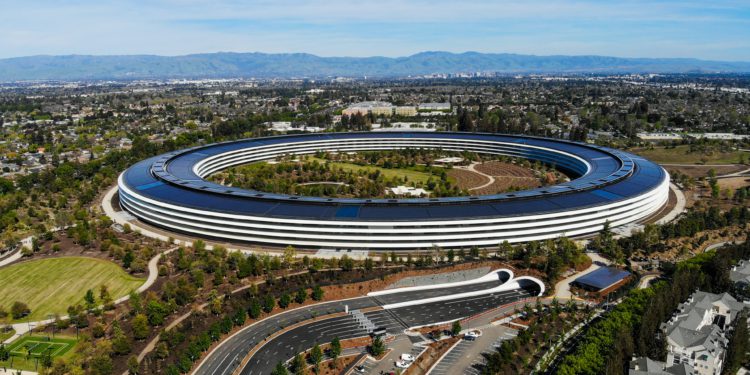Apple is reportedly preparing for European Union law changes that will come into effect in 2024 and is preparing for third-party app stores to exist on the iPhone and iPad.
The EU's introduction of the Digital Markets Act will bring big changes for app marketplace operators like Apple, particularly by allowing third-party app stores to exist on the iPhone and iPad. Apple is said to be preparing to comply with the regulations in light of the impending changes. Engineers in Apple's software and services teams are reportedly working to open up some key parts of Apple's platforms to allow compliance in the future, people familiar with the work said on Tuesday. opposite Bloomberg explained.
EU will classify Apple as a gatekeeper
The Digital Markets Act applies to companies that provide browsers, messaging services or social media to at least 45 million monthly end users in the EU. At the same time, they must have 10,000 business users annually, a market capitalization of at least 75 billion euros ($82 billion) or an annual turnover of 7.5 billion euros ($8.2 billion). The EU is expected to announce in spring 2023 which companies will be classified as gatekeepers and must follow the rules. Due to Apple's size and huge customer base, it is almost certain that Apple will be in this group. The report claims that the changes will allow the use of third-party app stores without the App Store itself. This would allow apps to bypass the various App Store restrictions on safety and security, as well as the 30% store commission that Apple charges.
Third-party app stores: A step for the worst case scenario
Andreas Wendker, a vice president who reports to Craig Federighi, and Jeff Robbin, who reports to Eddy Cue, are reportedly involved in the push. Apple is also said to be putting "a significant amount of resources" into the effort, although some engineers apparently see it as a distraction from developing features. The report that Apple is working to comply with a law in an area in which the company operates makes sense from a preparedness standpoint. If Apple is starting to develop the ability to load apps from other sources outside of the App Store, then it is clearly doing so to comply with EU laws that require it.
Apple wants to open its private APIs to developers
But that's not all. Bloomberg has learned from sources familiar with the matter that Apple is working on opening up its private application programming interfaces, also known as APIs, to third-party developers and apps. This would significantly change the way iOS works. One of the main restrictions that could soon be lifted concerns browser engines. Currently, every iOS app must use WebKit, Apple's engine that runs Safari. But to comply with the new Digital Markets Law in the European Union, Apple is already working on opening iOS to other browser engines. The report also mentions that other private iOS APIs will also be released in the future. This includes access to more camera controls and the iPhone's NFC chip.
Major changes to the App Store are coming
Although third-party apps can currently read NFC tags, Apple prohibits them from operating as competitors to Apple Pay. The EU has already criticized Apple for limiting NFC technology in the iPhone to its own services. In addition to these changes, Apple is also reportedly discussing further opening up the Find My network to third-party accessories. While third-party manufacturers can already make their accessories compatible with the Find My network, competitors like Tile claim that there are still many drawbacks compared to Apple's own accessories like AirTag. At the same time, however, the report also states that Apple has no plans to make iMessage compatible with other platforms or even adopt the RCS standard. It is uncertain when all these changes will be made public, but some of them could be introduced as early as next year with iOS 17. (Photo by Unsplash / Carles Rabada)





